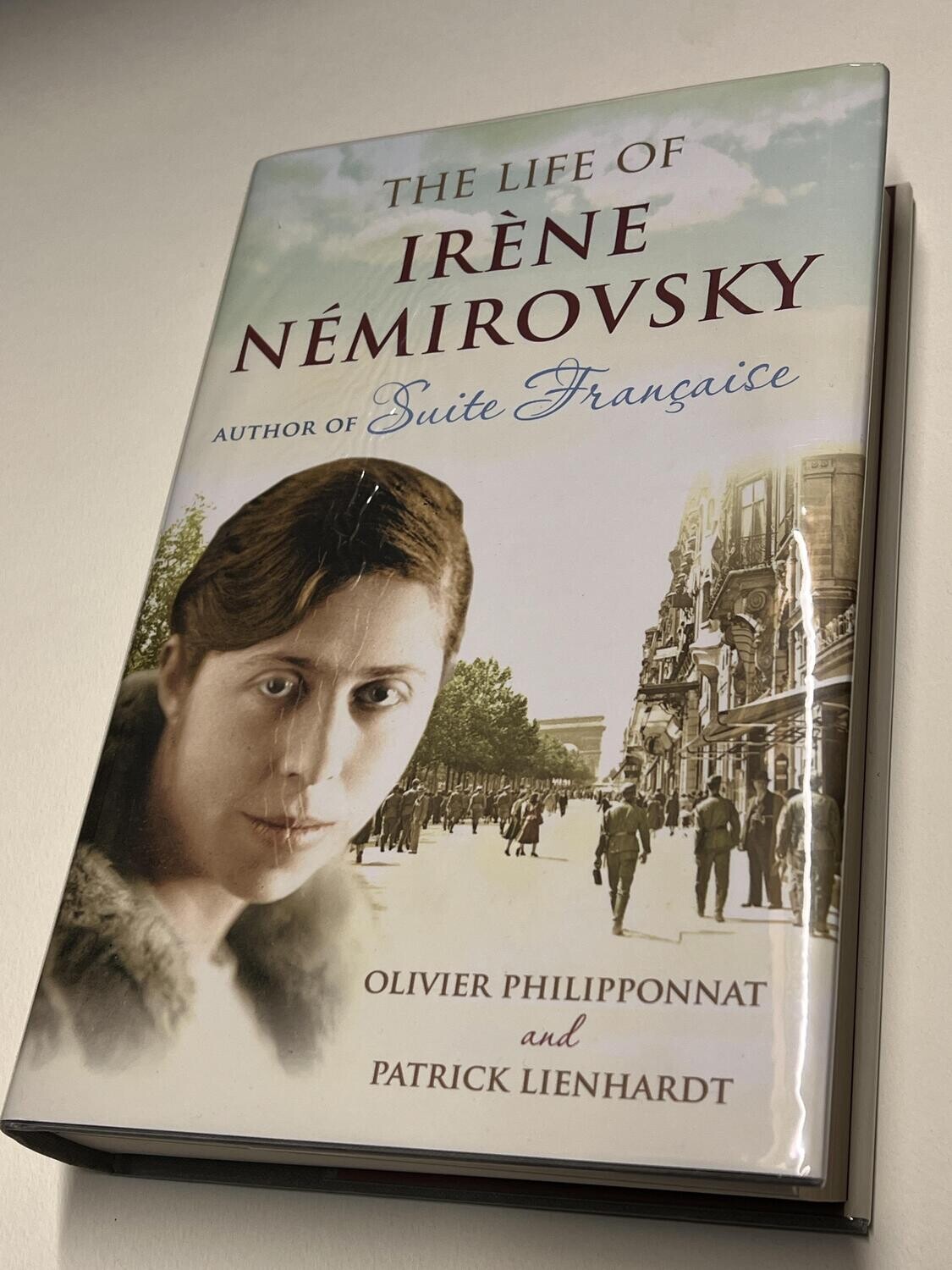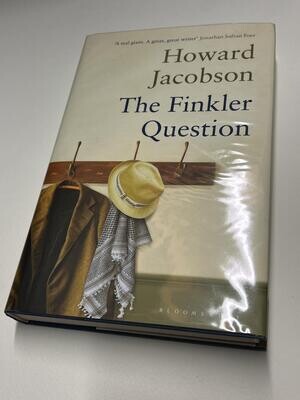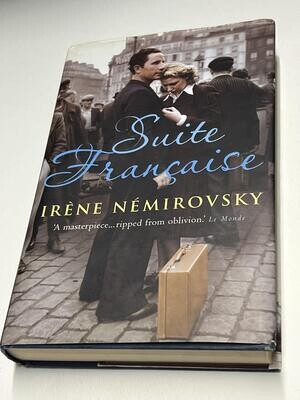The Life of Irene Nemirovsky, Olivier Philipponnat & Patrick Leinhardt
The posthumous publication of Suite Française
won Irène Némirovsky international acclaim and brought millions of readers to her work. But the story of her own life was no less dramatic and moving than her most powerful fiction.
With her family, she escaped Russia in 1919 and settled in Paris, where she met and married fellow Jewish émigré Michel Epstein. In 1929 she published her highly acclaimed and controversial novel David Golder,
the first of many successful books that established her stellar reputation. But when France fell to the Nazis, her renown did her little good: without French citizenship, she was forced to seek refuge in a small Burgundy village with her husband and their two young daughters. And in July 1942 Némirovsky was arrested and deported to Auschwitz, where she died the following month.
Drawing on Némirovsky’s diaries, previously untapped archival material, and interviews, her biographers give us at once an intimate picture of her life and turbulent times and an illuminating examination of the ways in which she used the details of her remarkable life to create “some of the greatest, most humane, and incisive fiction [World War II] has produced� ( The New York Times Book Review
).






